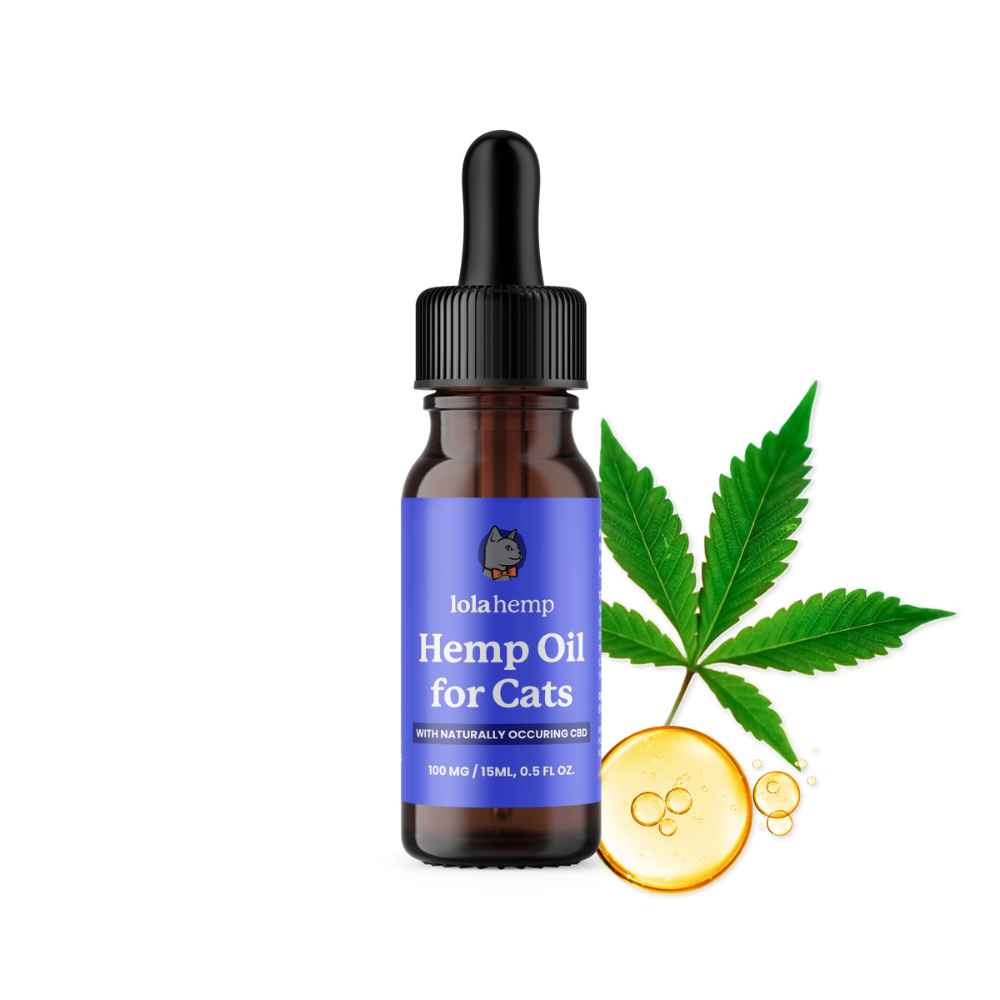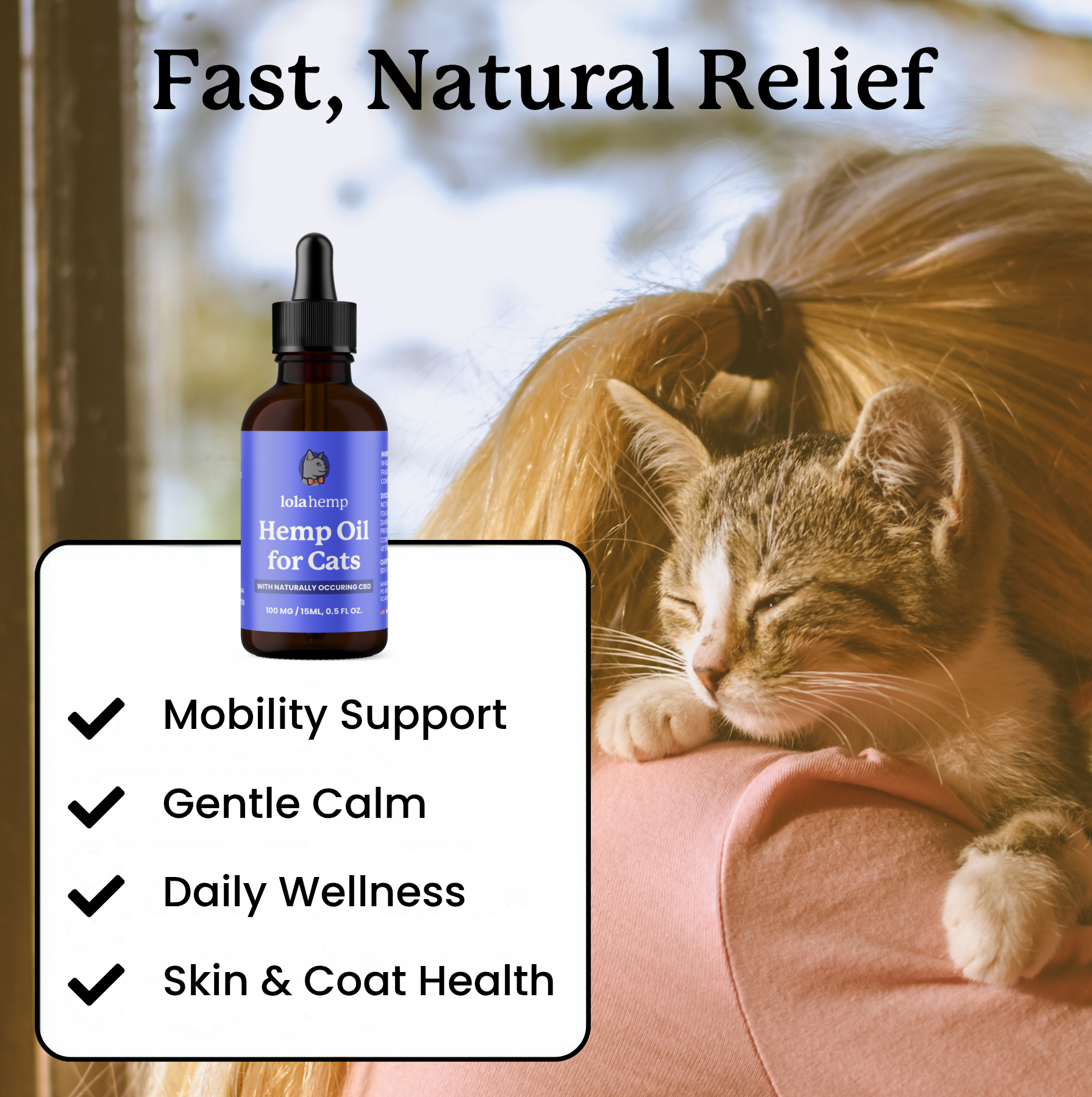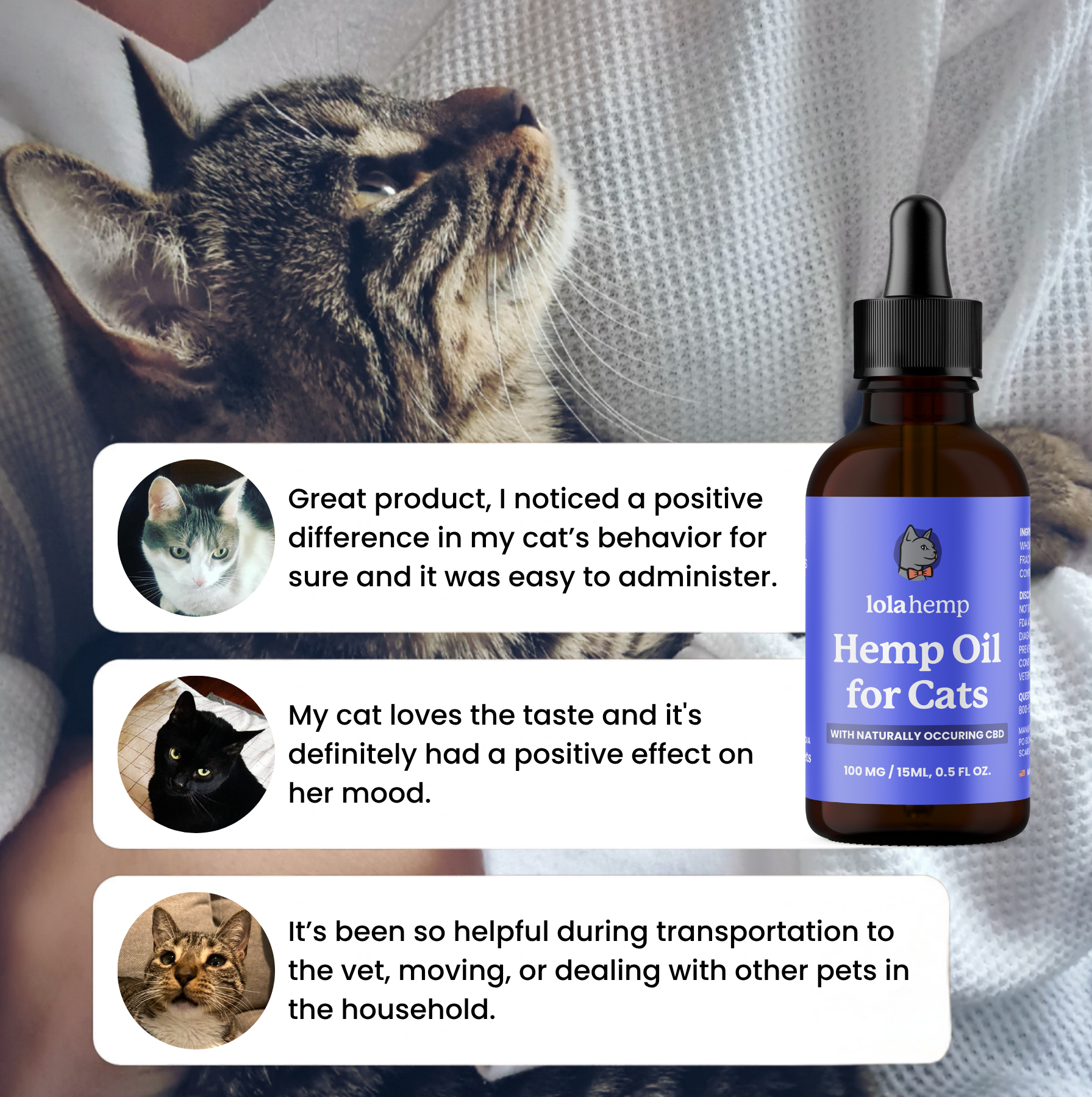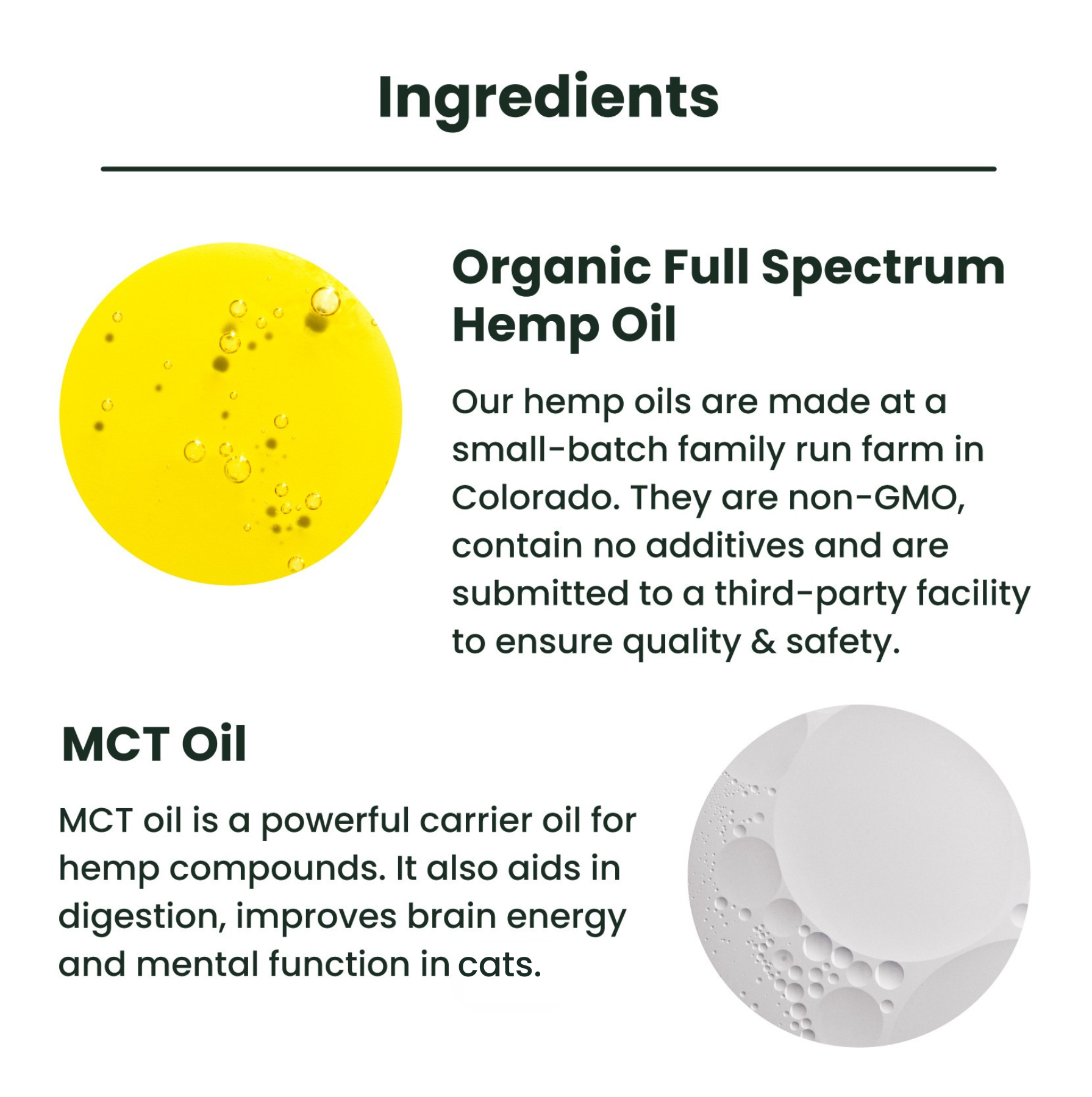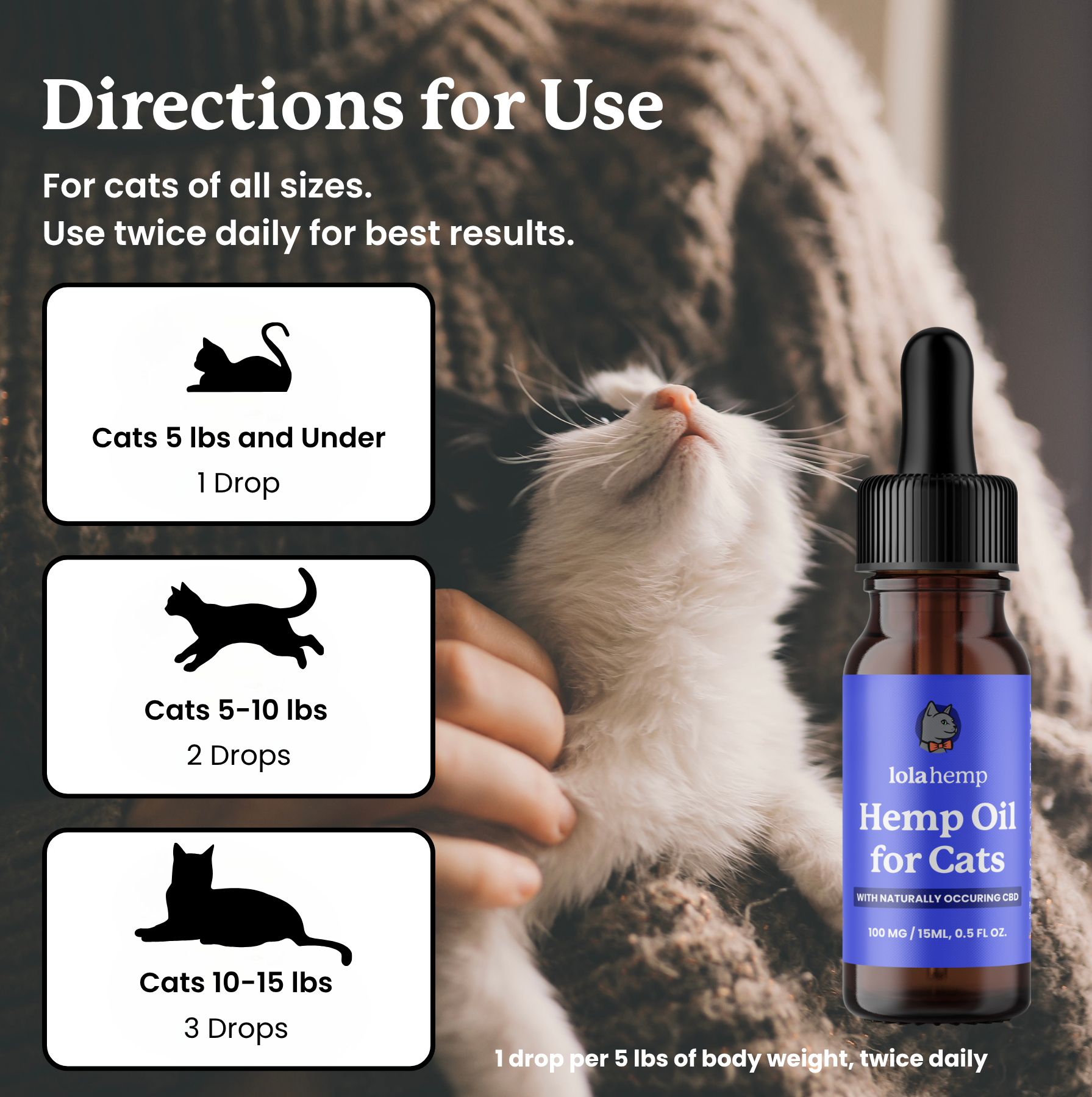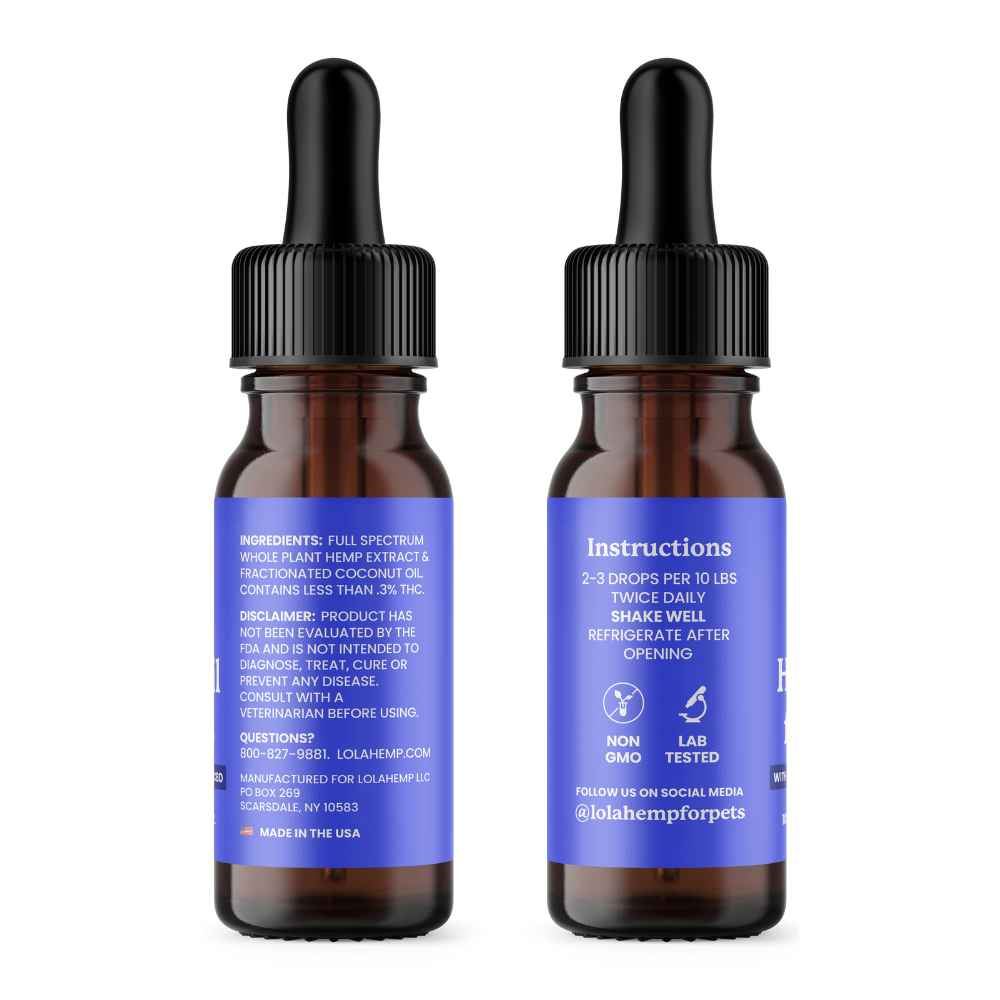In recent years, the use of natural supplements to support feline health has gained attention, with theanine emerging as a promising option.

L-theanine, a naturally occurring and unique amino acid primarily found in tea leaves, particularly in green tea, has been studied extensively for its calming effects on humans. However, its potential benefits for cats are also being explored.
Understanding the unique needs of stressed cats and the challenges they may face, pet owners are increasingly seeking natural solutions to support their feline companions' emotional and mental well-being. L-theanine offers a promising avenue in this regard, with its ability to promote calm behavior and decrease anxiety without causing drowsiness.
This article will explore the benefits of L-theanine, safety considerations, side effects, dosage, and administration tips for responsible pet care.
Potential Benefits of L-Theanine for Cats
L-theanine offers several potential benefits for cats, including:
Stress Reduction
One of the primary benefits of theanine is its ability to promote relaxation and reduce stress-related reactions in your feline friend. Theanine helps by increasing the production of calming neurotransmitters, such as gamma-aminobutyric acid (GABA), without causing sedation. This is particularly beneficial in situations that trigger environmentally induced stress responses in cats, such as car rides, thunderstorms, or introductions to new places.

Behavior Modification
Sometimes, cats exhibit stress-related behaviors such as excessive meowing, aggression, or inappropriate elimination. These may be triggered or exacerbated by anxiety. L-theanine's calming properties may aid in behavior modification by helping to reduce stress-related behaviors and promoting calmness in anxious pets.
Improved Cognitive Function
Cognitive decline is a concern in aging cats, leading to issues such as disorientation, decreased activity levels, and behavioral changes. L-theanine's potential to enhance neurotransmitter activity may support cognitive function in senior cats, potentially slowing age-related decline and promoting mental well-being.
Facilitating Socialization
Introducing a new cat into a household or helping cats coexist can be stressful. L-theanine may aid this process by promoting relaxation and reducing fear-induced aggressiveness, allowing smoother interactions between cats.
Anxiety Management
Cats may exhibit anxiety in various situations, leading to undesirable behaviors. L-theanine's calming effects may help manage anxiety, making it easier for cats to cope with stressful events or environmental changes.
Support during Medical Procedures
Cats often experience stress and anxiety during vet visits or medical procedures. Theanine can help manage this stress, making veterinary experiences less traumatic for the cat and more manageable for the owner.
Non-Sedating Calmness
Unlike sedative medications, theanine induces calmness without causing drowsiness. This is beneficial for maintaining alertness while reducing stress.
Safety Considerations when Using L-Theanine for Your Cat
Although theanine is generally considered safe, consider the following when using it for cats:
Dosage
Determining the right dosage for your cat can be challenging since research is limited. Consult your veterinarian before administering theanine to determine the correct dose based on weight, age, and health.
Quality and Purity
Choose supplements like Anxitane tablets that are formulated for pets and come from reputable manufacturers. Avoid unnecessary additives or fillers. This applies to all supplements, from feline valerian to CBD oil.
Monitoring for Adverse Effects
Although theanine is well-tolerated, some cats may experience gastrointestinal upset or lethargy. Monitor your cat after introducing L-theanine and discontinue use if adverse effects occur.
Incorporating L-Theanine into Your Cat's Routine
Before adding theanine to your cat’s routine, consult your veterinarian. They can recommend the best approach based on your cat’s health and specific needs.

Side Effects of L-Theanine
Although theanine is generally safe when administered in proper doses, potential side effects include:
Gastrointestinal Upset
Some cats may experience mild nausea, vomiting, or diarrhea. These symptoms are usually temporary and resolve as the cat adjusts.
Lethargy
In some cases, cats may become unusually tired or drowsy. Excessive lethargy should be reported to your veterinarian.

Allergic Reactions
Rarely, cats may have allergic responses such as itching, swelling, or breathing difficulty. Seek veterinary help immediately if these occur.
Interaction with Medications
L-theanine may interact with sedatives or drugs affecting neurotransmitters. Always discuss with your veterinarian before combining treatments.
L-Theanine Dosage Guidelines
Due to limited research, dosage recommendations are largely based on veterinary products like Anxitane tablets. General guidance includes:
Follow Manufacturer's Recommendations
Always adhere to the dosage instructions on pet-formulated L-theanine products. Anxitane tablets are typically dosed by weight.
Start with a Low Dose
Introduce theanine slowly, increasing only as advised by your vet to observe tolerance and effectiveness.
Monitor for Effects
After administration, monitor your cat’s behavior and appetite. Report any concerning changes to your veterinarian.
The Bottom Line

L-theanine offers a natural way to support stress management in cats. As a green tea amino acid, it promotes calmness without sedation. Though feline-specific research is limited, evidence suggests it may enhance emotional balance, especially when used under veterinary supervision.
Further studies are warranted to refine dosage and safety guidelines. When used responsibly and tailored to your cat’s needs, L-theanine can help foster a calmer, happier home environment.
Note that L-theanine isn’t your only natural option. Ingredients like CBD formulated for cats can also support emotional well-being.
Frequently Asked Questions about L-Theanine for Cats
What does L-theanine do for cats?
L-theanine helps promote calmness and reduce stress in cats by supporting neurotransmitter balance without causing drowsiness.
Is L-theanine safe for cats?
Yes, L-theanine is generally safe when administered correctly under veterinary supervision. Monitor for mild digestive upset or lethargy.
How long does L-theanine take to work in cats?
Effects can appear within one to two hours of administration, though consistent benefits may take a few days of regular use.
Can I give my cat L-theanine daily?
Yes, daily use can be appropriate if recommended by your veterinarian. Follow dosing guidelines and watch for any side effects.
Are there alternatives to L-theanine for calming cats?
Yes, other natural options like valerian root or CBD for cats may help manage stress and anxiety effectively.

